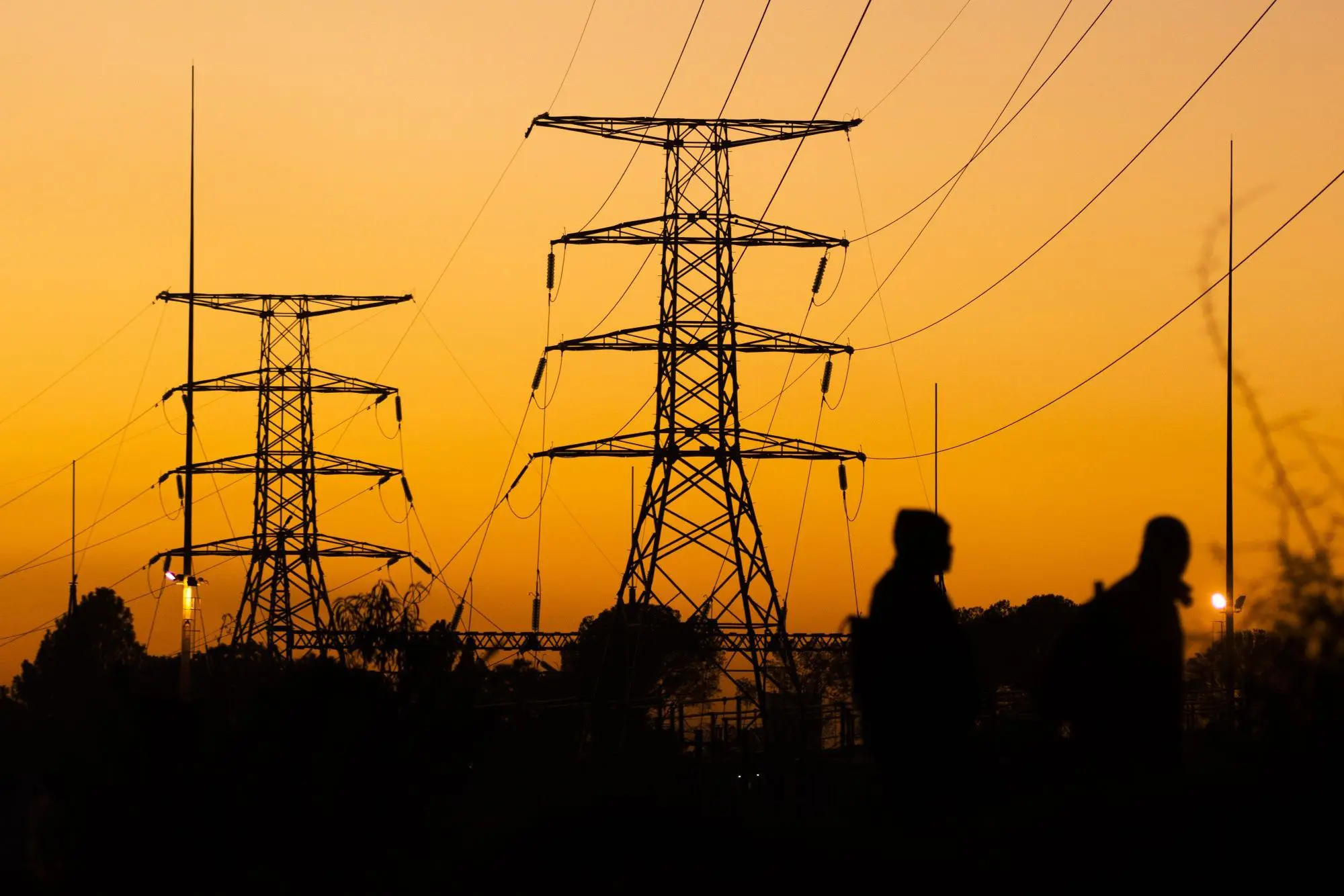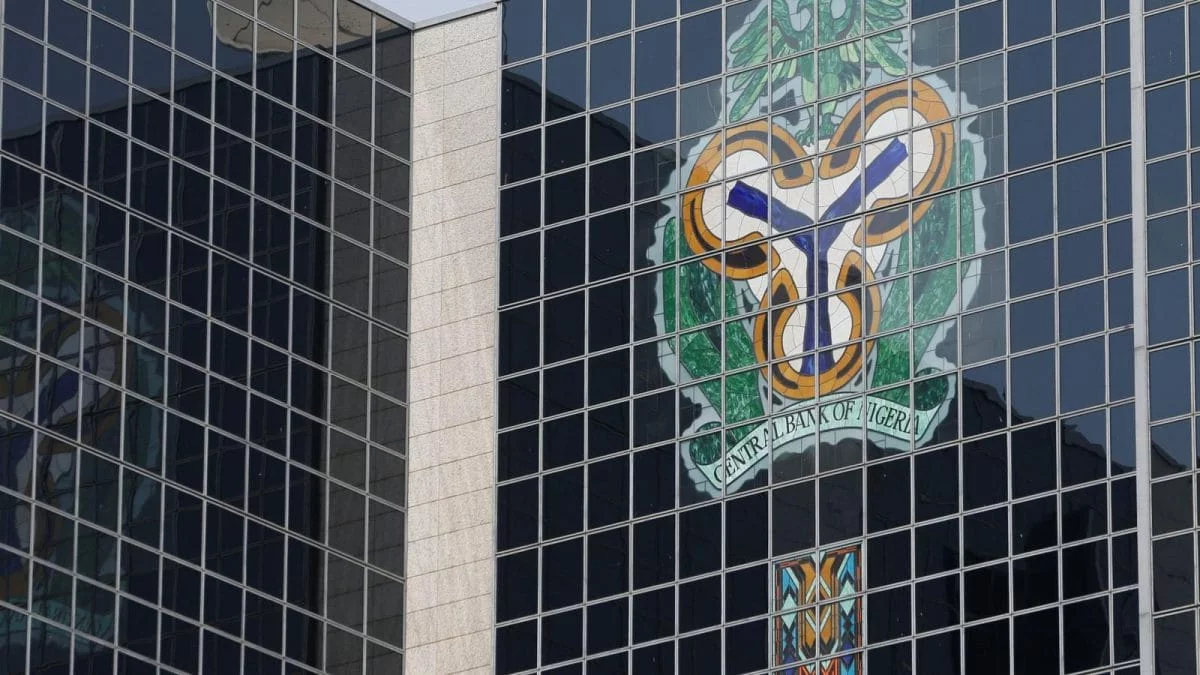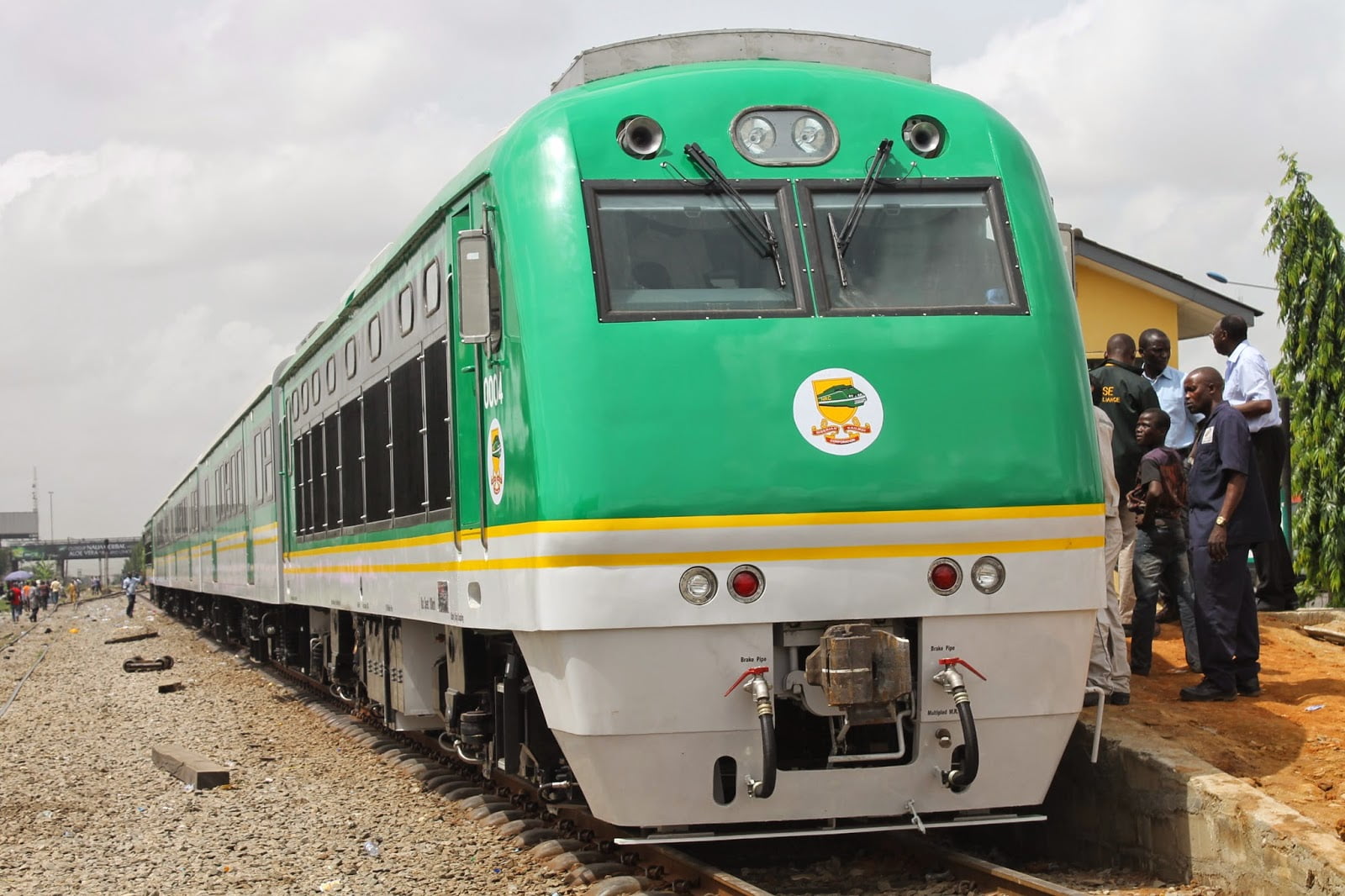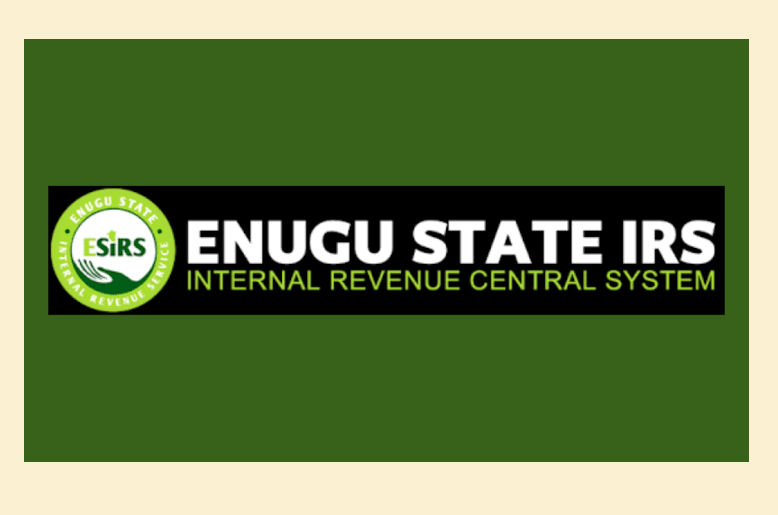There is apprehension among Nigerians as the President Bola Ahmed Tinubu-led federal Government contemplates removing electricity subsidy in the coming days despite the worsening economic hardship the citizens are battling.
At a February 14, 2024, briefing, the Minister of Power, Adebayo Adelabu, said the Government can no longer continue electricity subsidy as its indebtedness races to N3 trillion.
Adelabu’s comment has sent a shock wave among Nigerians.
For many, the government is in another move to worsen the existing pains visited on citizens by fuel subsidy removal and Naira floating.
Faced with the rising cost of living, economic hardship, and soaring inflation, which reached an all-time high of 29.90 per cent in January 2024, the burden of electricity subsidy removal would further worsen the pains for most Nigerians.
Meanwhile, the International Monetary Fund believed Nigeria should put a stop to electricity subsidy in the same manner it told Africa’s most populous country about fuel subsidy and Naira floating.
The development has boxed Nigeria into a dilemma of either adopting a cost-reflexive electricity tariff or continuing the electricity subsidy regime.
According to the Nigerian Electricity Regulatory Commission, the country spent N2.8 trillion on electricity subsidies from 2015 to 2022.
The government also disclosed that N600 billion was spent on electricity subsidies in 2023 alone as foreign exchange pressures and inflation pushed cost-reflective tariffs to N124/kWh.
This comes as the government is projected to spend N1.6 trillion for electricity subsidies in 2024.
However, on the flip side, Nigerians are not exempted from the electricity burden as from January 2020 to January 2023, electricity tariffs have been increased at least five times from 55 per cent of cost recovery to 94 per cent despite poor supply, outages, dilapidated distribution infrastructure, among other challenges.
This is why the country’s power sector underperformed ten years after privatization in 2013.
Nigeria’s growth in its power sector has remained stunted, with the country still grappling with a low power generation, transmission, and distribution capacity of about 5,625MW, 8,500MW, and 8,425MW, respectively, despite having a population of over 200 million.
For instance, in the past weeks, electricity supply has dropped nationwide as DisCos has resulted in power shedding or rationing.
Meanwhile, the government blamed gas constraints.
In the post-privatization era, the Nigerian Electricity Supply Industry still yearn for growth. While some believe electricity subsidy removal would be needed, others insist on subsidy because power is regarded as a social service.
Speaking exclusively to DAILY POST on Monday, Bolaji Tunji, special adviser, strategic communication and media relations to the Minister of Power, Adebayo Adelabu, clarified that his principal never said electricity subsidy would be removed.
He noted that the Minister suggested that all the solutions to the ongoing challenges facing the country’s power sector should be put forward.
Tunji said it is for the President, Bola Ahmed Tinubu and Nigerians to decide if electricity subsidy will continue or to adopt cost reflective tariff.
“What the Minister said was to put all solutions on the table and for the President and Nigerians to decide whether to continue the fuel subsidy or go for cost reflective tariff.
“The President and the Nigerian people can decide on removing electricity subsidies. The Minister is saying that with the electricity subsidy, there is no problem, but it must be cash-backed, and if the Government can’t continue, let Nigerians decide.
“Let’s decide we cannot continue the electricity subsidy; let’s have a cost-reflective tariff. The Minister never said the Government wanted to remove electricity subsidies. The Government is not planning anything of such.
“You will notice that the Minister said the DisCos must review their performance or else lose their license.
“The Federal Government of Nigeria still sees the power sector as a social service.
“The Federal Government must decide whether to discontinue the electricity subsidy or go on cost-reflective tariffs. It is the Government that will decide that. If the money is provided today to pay all the debts, then we will continue”, he said.
The Lead Director of the Centre for Social Justice, Eze Onyekpere, said the Government should not contemplate electricity subsidy removal because it will worsen the hardship Nigerians are grappling with.
He warned that the Government should not tempt the resolve of Nigerians by worsening the existing hardship.
According to him, DisCos, GenCos and other service providers within the Nigerian Electricity Supply Industry should consider improving their quality of services.
“The electricity tariff we are paying today has increased at least four times in the last few years. The subsidy doesn’t mean that providers of electricity services, GenCos and DisCos, are not getting their money.
“This doesn’t mean that service quality will improve even if the tariff is doubled. There is no basis for any expectation of improved service if the tariff is increased. What should be discussed is improving quality service.
“I run my office and home basically on generators. There is no need for anybody to be sounding nice to the government because they are putting us in tremendous pain.
“If the Minister doesn’t understand what to do, he should resign. Nigerians are hungry, there is no food, and all they are thinking is to increase the pain. The message to him is that Nigerians would revolt against the government if the electricity subsidy is removed.
“The Government should not contemplate removing electricity subsidies. We are talking of hunger, hike in food prices”, he told DAILY POST.
On his part, the President of the Nigerian Consumer Protection Network, Kunle Olubiyo said there is apprehension among electricity consumers that the government might freeze the power subsidy on March 1, 2024, which means an electricity tariff hike.
According to him, it would be unwise for the government to add to Nigerians’ existing hardship, occasioned by fuel subsidy removal and Naira floating.
He noted that the removal of electricity subsidies may lead to unrest among Nigerians, undermining democracy.
Olubiyo warned the government not to push Nigerians to the wall by providing necessary tax concessions and other measures to cushion the impact of the worsening hardship.
He stated that everything happening in Nigeria right now was an indicator of what led to the infamous Arab Spring.
Olubiyo told DAILY POST that, “by March 1, the Federal Government might freeze the electricity tariff, which means there may be a tariff hike on March 1, 2024.
“But our major concern is that the major factors militating against efficiency in services, like the gaps in infrastructure, operational efficiency, and efficient power delivery to customers’ satisfaction, will not come immediately.
“We equally believe in the issue of meters. As I am speaking to you, there is no clear-cut metering programme for customers. You are also aware that the price of meters may increase by 50 to 100 per cent. So, if the government releases the cylinders simultaneously, it will be a disaster for Nigerians.
“Nigerians are still feeling the pains of fuel subsidy removal and Naira floating. The government’s subsidy on fuel is even higher than what was paid before May 29, 2024. The government is in a serious dilemma, and there are some give and take. The government must be ready to make some tax concessions.
“The government must create a cushion effect because nothing makes Nigeria’s environment different from the Arab Spring. All the indicators that resulted in the Arab Spring are happening in Nigeria.
“It will be better if the government pulls out from the transmission of the electricity market. Some vouchers handed to the government are not properly scrutinized because they believe that the government will pay.
“At the end of the day, we should not undermine the institution and stability of democracy because ‘we want to act as if we no dey fear’.
“There are reactions from the public the government won’t be able to manage. From a security point of view, the government should not over-drag economic policies that will undermine democracy. There must be a social balance.
“The government should not fire the cylinder from all sides, which will cause Nigerians to hit the street. Government must give some concessions”, he said.
Economic hardship: Anxiety as Tinubu govt considers electricity subsidy removal



